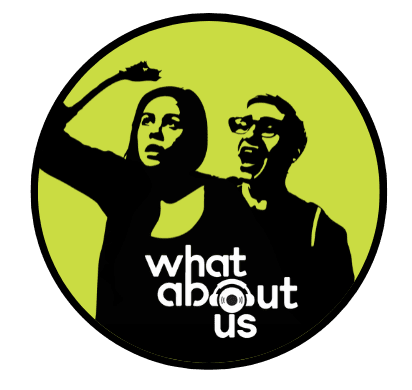The first thing we think of when trying to be more sustainable regarding coffee is our trusty re-usable coffee cup. Yes, this is important, but there is so much more to consider about your delicious caffeinated drink than just the cup it is contained in. We need to examine the growing practices, the farmers, the retailers and then finally what/how you order.

- 500 billion cups of coffee are consumed globally every year
When we look at the production and consumption of coffee is it no secret that a clear divide can be seen between the Global North (consumers) and Global South (producers), with Brazil, Vietnam, Colombia and Ethiopia as some of the main producers. When it comes to growing coffee there are two main techniques we need to know about: Sun Grown vs. Shade Grown.

Sun grown coffee can be considered an industrialized way of coffee farming. It was developed in the 1960s by the US Agency for International Development and the World bank to industrialize supply chains. It is a monocropping technique with a final goal of increasing yields and decreasing prices. With this method the coffee is doused in chemicals and harvested in one foul swoop. There are many negative consequences of this method. Firstly, small farmers not using this technique may be forced out of production as they cannot keep up with competitors’ low cost and high-tech machinery. In addition, many environmental issues are linked such as erosion, chemical pollution, soil degradation & deforestation. Farmers in Brazil using this technique have also reported breathing difficulties, rashes, and birth defects.
- Coffee is the most widely traded tropical agricultural commodity.
The alternative and traditional method of growing coffee is shade grown coffee. This method prioritizes a biodiverse landscape to build a healthy habitat for coffee plants. It is a varied and more sustainable way of growing coffee as other trees are planted to shade the coffee plants. Benefits of this are slowing forest loss; a more varied harvest if farmers inter-crop with fruit and nut trees; attracting birds which can act as natural insecticides; more economic security for the farmer and the trees can sequester carbon from the atmosphere. Also, the coffee tastes much better.

- 120 million people rely on coffee for their livelihoods – majority are small scale famers and farm workers
Coffee has become the most widely traded tropical agricultural commodity, and the demand is only rising as countries such as China and India increase their consumption having traditionally favored tea. If we as a global community do not manage to sustainably grow coffee, it will further add to climate change through its associated environmental impacts and seriously affect the communities who depend on it.

- Volatile international prices and climate change are the biggest challenges facing coffee farmers.

What Can YOU do?
- Keep up the good work with the keep cups. I know this has been temporarily halted with COVID-19 however, as my mother says, this too shall pass.
- Where you can try a milk alternatives. Hemp milk is the most sustainable but oat, almond and rice all produce less carbon than dairy. Even further, try make your own oat milk (see link below)!
- We dump more than 22,000 disposable cups every HOUR (2018)
- Next keep an eye out and start questioning how your coffee has been grown.
- Look for that Fairtrade mark. With Fairtrade, the farmers receive the minimum Fairtrade price which aims to cover costs of production and act as a safety net when market prices fall below as sustainable level. To note: some of the smallest Irish coffee roasters do not have the Fairtrade mark as they work directly with the farmers.
- See the ‘Learn More, Do More’ at the end to find Irish Brands that are making a difference and paving the way for a more sustainable coffee from source to finish.

Ultimately, the reality is that our keep cups are not enough. We need to buy single origin shade grown coffee but also stand against the capitalist system of low cost and high growth. We need to stop driving the demand for cheap coffee by shopping wisely and really thinking about the environmental and social consequences linked to that delicious drink that gets us up in the morning.
Learn More, Do More:
- Specialty Irish Coffee Roasters: Imbibe, Dublin 8: https://imbibe.ie/ & Calendar Coffee Roasters, Galway: https://calendarcoffee.ie/
- Video: ‘The true cost of coffee’ https://www.youtube.com/watch?v=Dp8ol4RRRiA&t=573s
- D.I.Y Oat Milk: https://lovingitvegan.com/oat-milk/
- CARROW Coffee Roasters, Sligo-based: Blog on their sustainable coffee work. https://carrow.ie/blog/tag/Coffee
- Brooklyn Coffee Roasting Company. Ethical Coffee Roasting Company Based in NYC. Great Blogs with all the coffee updates you need. https://www.brooklynroasting.com/blog
- https://www.irishexaminer.com/breakingnews/lifestyle/foodanddrink/eight-of-the-best-fairtrade-coffees-to-try-982511.html


